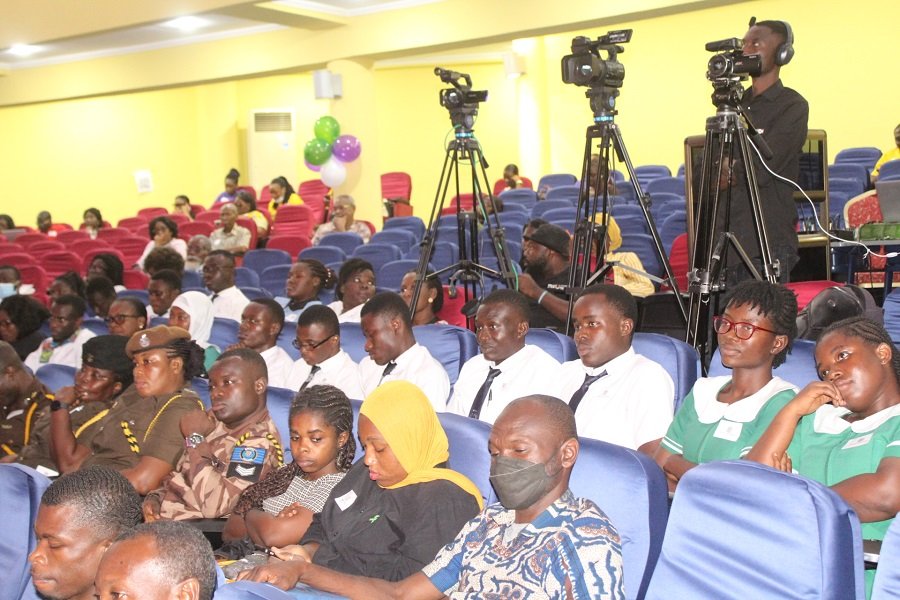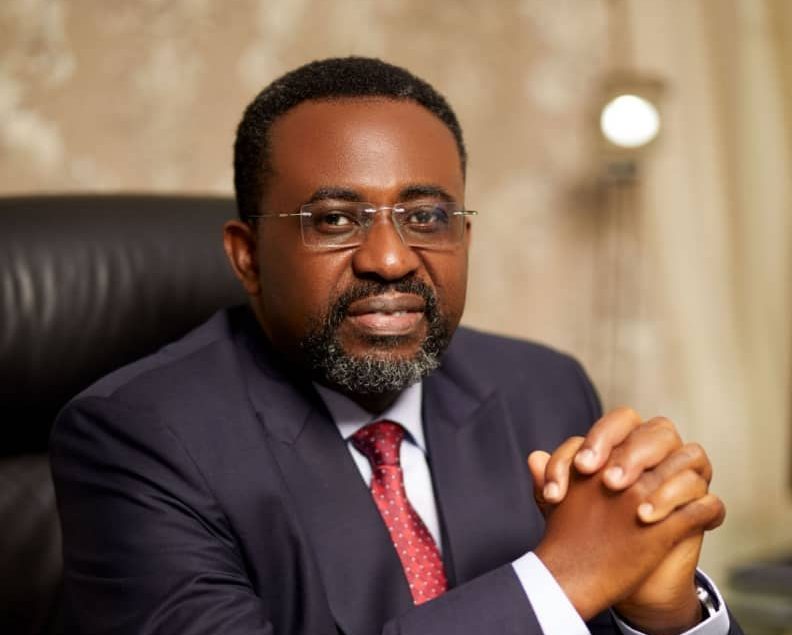ARTICLE AD
The Chief Executive Officer of the Mental Health Authority, Professor Pinaman Appau, has emphasised the need for effective collaboration between religious groups and the mental health authority in addressing mental health issues in the country.
Such a collaboration, she explained, would ensure that patients receive holistic mental health care through the combination of medical expertise with spiritual support, as most mental health patients prefer to utilise both authorities to address their mental health challenges.

Prof. Appau made this known during the Professor EFB Foster’s public lecture series on mental health organised by the mental health authority in Accra on Wednesday.
It was on the theme: ‘Religious Groups and the state of Mental Health Care in Ghana.’
According to Prof. Appau, religiosity could have a positive impact on mental health, especially with many patients who drew on their faith to cope with stress and adversity.
“Religion has an integral role in shaping societies worldwide. And in Ghana, where religion permeates much of our daily life, it has a significant impact on our collective mental health,” she said.
Also, she stated that the religious system in Ghana shaped the values and beliefs for the majority, hence, it had the potential to be either a supportive ally or a barrier to mental health awareness.
Prof. Appau further stressed that spiritual practices had improved the emotional well-being of mental health patients, as many had found solace and trust in their religious leaders.
Moreover, she said that the activities of religious leaders could help mental health professionals better fathom the cultural nuances and beliefs that shape patients’ experiences to promote mental health issues.
“Let us work together to enhance the mental health landscape in Ghana, with the hope that today’s discussions will lay the foundation for a more supportive future for all”, she added.
The Executive Director of Christian Health Association of Ghana (CHAG), Dr Peter Yeboah, indicated that it was reassuring that a public agency like the mental health authority would elevate religion to its peak in order to boost its activities.
He emphasised the need for effective leadership and governance, which was inclusive to ensure a provisional, comprehensive, and well-integrated mental health environment at the community level.
“Biomedical health workers, psychiatrists, psychologists, will need some competence in culture and religion to understand the community’s view about health illness and treatment,” he explained.
The Director of the Centre for Aging Studies of the University of Ghana, Professor Joseph Osafo, highlighted that the Ghanaian mental health system had undergone notable reforms since the enactment of the Mental Health Act (Act 846) in 2012.
The Act, he explained, aimed to improve the quality of mental health care and promoted the rights of individuals with mental health conditions.
He outlined that a significant barrier to mental health care in the country was the stigma associated with it that deterred individuals from seeking help.
Prof. Osafo, therefore, underscored the need to end stigmatisation against those who suffered mental health.
BY AGNES OWUSU

 2 months ago
47
2 months ago
47 

